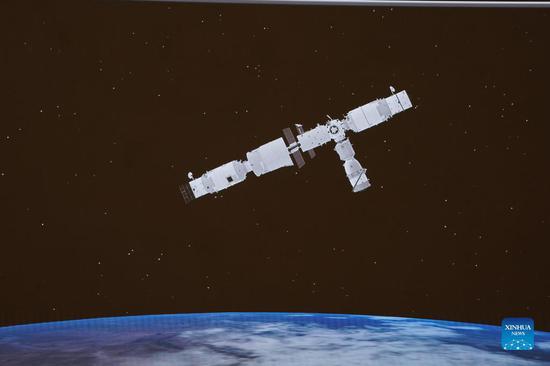
Screen image captured at Beijing Aerospace Control Center in Beijing, capital of China, Oct 16, 2021 shows China's Shenzhou XIII crewed spaceship having successfully docked with the radial port of the space station core module Tianhe. (Photo/Xinhua)
Last week, three Chinese astronauts successfully reached the country's space station for a 6 month mission to prepare it for full operation. It will be the country's longest-ever manned space operation, and another jewel in the crown for the nation's rapidly-advancing program.
An open invitation for international cooperation has been issued, in the hope that China's space station will facilitate broader collaboration between nations as it progresses towards full utility. The launch of the station will round off what have been a spectacular few years for the country's space endeavors, rapidly promoting China alongside the United States as a world leader in space exploration, as well as the technological research gains that naturally come from such resource-intensive risk-taking.
China's achievements in space have snowballed in the last year-and-a-half. In June 2020, the final Beidou satellite was successfully launched, providing a network of satellites for global navigation akin to the US-owned GPS and Europe's Galileo networks. The network is set to bring greater coverage to the surrounding Asia region, which makes up roughly 50 percent of the world's population, potentially benefiting billions of people.
Just one month later, China launched an unmanned probe to Mars, in its first-ever attempt to reach out to another planet. The red planet has remained the focus of the country's efforts in later missions, as China became the second country to successfully land a robotic rover on the planet's surface.
Such activities bring the prospect of a Chinese manned mission to Mars ever closer, offering the possibility that Mandarin may be the first human language spoken on Mars. In the more immediate future, however, the goal is to bring Martian rock samples back to Earth for analysis, by 2028.
This is a complex procedure and one in which the European Space Agency and NASA are also working in tandem to achieve, with an estimated deadline of 2031.
China's lunar operations have also become world-leading, sending unprecedented missions to the dark side of the moon, an area about which precious little is known. In December 2020, the Chang'e-5 probe landed on the moon's surface, collecting lunar material vital in aiding international understanding of its origins.
The rapid rate at which China is ticking off previously unheard of technical feats in space highlights just how vital such ambitions are for boosting economic gain, as well as sharpening the cutting edge of frontier industries.
The long game is being played, where an established knowledge of space is vital for our progression in the 21st century.
A major disruptor to space industries on the horizon is the prospect of miniature satellites, weighing less than 100 kilograms. Light and cheap enough to be accessible for a wide range of corporations or even private individuals, it is possible that in the future, every family could even have its own individual satellite for reliable and personal satellite communications and navigation, much like how we own cars now.
A far-fetched concept that will probably end up taking a form few minds in 2021 can accurately predict? Maybe, but it is China's work now that could eventually make space technology accessible to the masses. Chinese manufacturing and design excels at cutting costs, improving efficiency and distinguishing technology with potent effectiveness, all at record-breaking speed.
Technology that currently costs billions of US dollars to develop and be operated by elite academics might one day become power that could be in the hands of the average person.
How exactly this may take place is hard to accurately predict. However, previous discoveries made in the name of space exploration have given us the MRI scanner, computer mouse and running trainers, to name a few. Habitual and ambitious development in this field is essential for our universal progress.








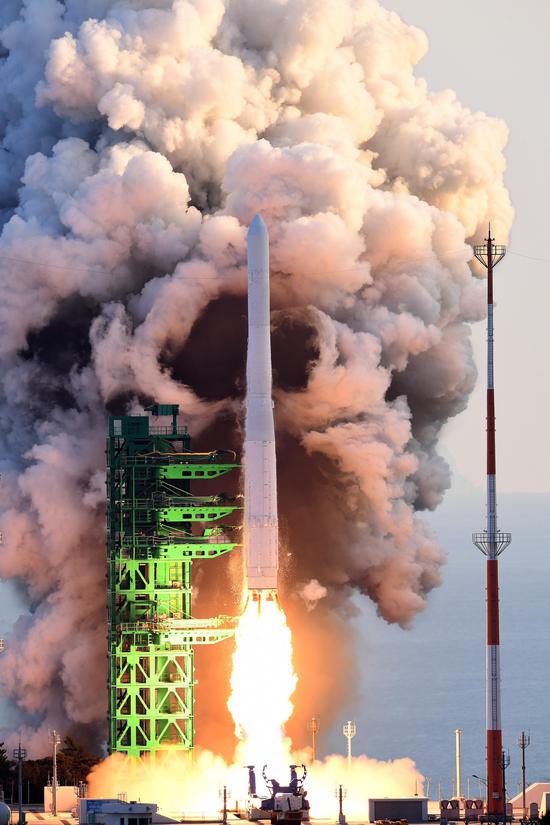
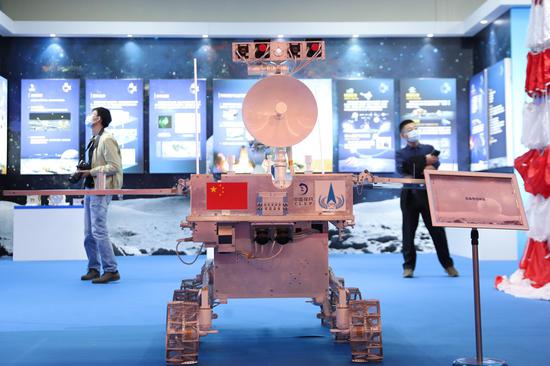











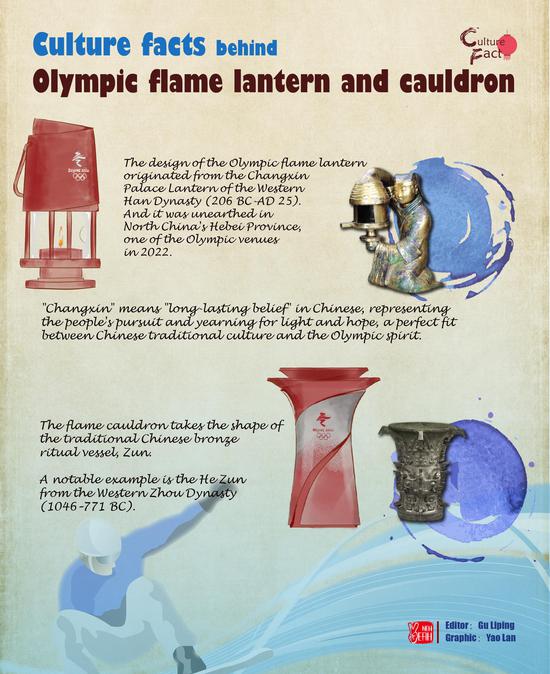




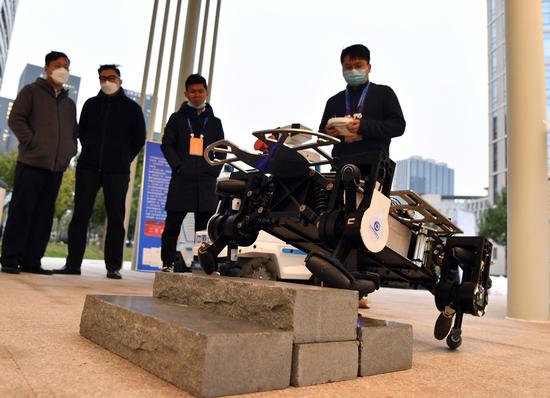








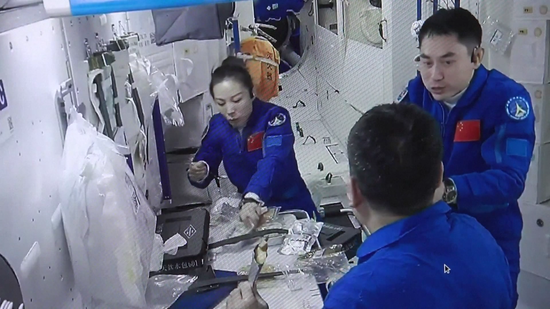














 京公網(wǎng)安備 11010202009201號(hào)
京公網(wǎng)安備 11010202009201號(hào)